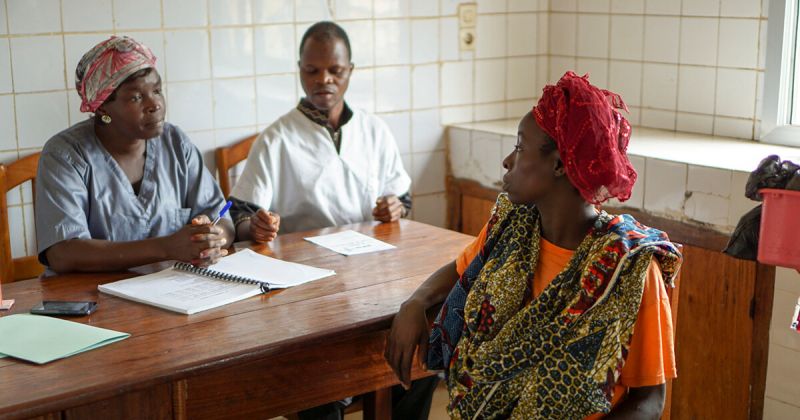In a recent interview published by Results for Development (R4D), Cheryl Cashin, Managing Director, and Nathaniel Otoo, Senior Fellow, provide valuable insights into the concept of strategic purchasing in health systems. This approach aims to maximise the value of every dollar spent on health, ensuring that limited resources are used efficiently to improve the quality and accessibility of healthcare.
Strategic purchasing involves agencies or institutions—such as national health insurance programs or ministries of health—acting as ‘purchasers’ of healthcare services. These purchasers have the power to shape healthcare delivery by making informed decisions on which services to buy and which providers to engage, creating incentives for efficiency and high-quality care.
Cashin and Otoo emphasize that strategic purchasing is essential for moving towards universal health coverage (UHC). It ensures that health funds are directed to priority populations and interventions, fostering equitable and efficient use of resources. By providing better financial protection and expanding access to services, strategic purchasing becomes a virtuous cycle that strengthens UHC.
However, despite its benefits, strategic purchasing is not always embraced. Some stakeholders resist these changes, fearing loss of resources or shifts in funding flows. Cashin and Otoo stress the importance of engaging all stakeholders in the process and ensuring that the transition to strategic purchasing is managed collaboratively.
A key part of R4D’s efforts to promote this approach is the Strategic Purchasing Africa Resource Center (SPARC). SPARC will build capacity across sub-Saharan Africa, offering mentorship and resources to institutions and individuals working on strategic purchasing. It aims to create a network of experts who can support countries in adapting these practices to their unique contexts.
Through examples from Ghana and Kazakhstan, Cashin and Otoo illustrate how strategic purchasing can lead to significant improvements, even in resource-constrained environments. For instance, Ghana transitioned from a fee-for-service model to a more controlled approach, reducing inefficiencies like overbilling for supplies such as surgical gloves.
R4D’s work highlights the importance of awareness, capacity building, and technical assistance to help countries implement strategic purchasing. This is especially vital for low- and middle-income countries, where the right mix of resources and expertise can unlock greater access to affordable, quality healthcare for all.
Read the full Q&A here.


